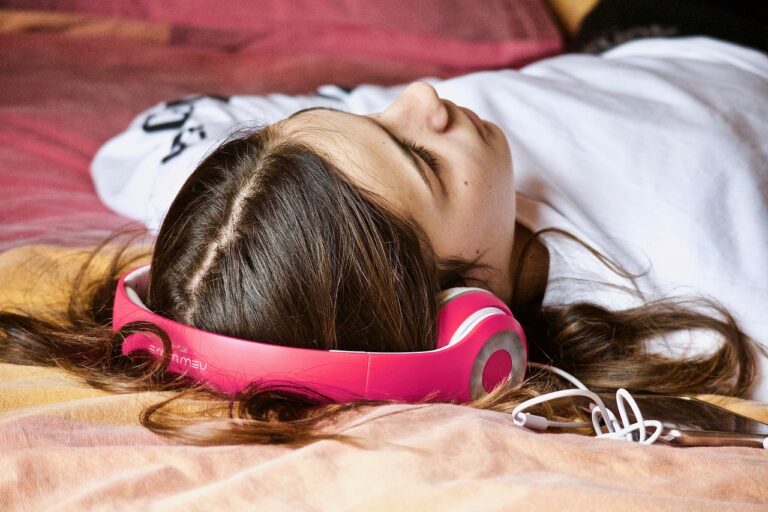Safe and Sound Protocol
The Polyvagal Theory: The Science of Safety
What is the Safe and Sound Protocol?
Are you seeking supports for your child to:
- Decrease anxiety related behaviours
- Decrease trauma related behaviours
- Decrease auditory sensitivities
- Enhance social engagement and participation
- Improve emotional regulation
- Increase resilience
- Improve attention
- Improve the ability to focus at school
- Promote a calmer emotional and physiological state
The Safe and Sound Protocol (SSP) is able to assist with these goals and is a gentle and non-invasive intervention involves listening to music that has been processed specifically to retune and regulate the nervous system. This increases the sense of safety by reducing the stress response and increasing the ability to socially engage. The Safe and Sound Protocol (SSP) is safe, effective and enjoyable for children and adolescents and adults.
SSP allows people to better interpret speech and the emotional meaning of language. These are key foundational building blocks to increasing social skills, connection and interpersonal interactions. Once these interactions improve, then spontaneous social behaviours emerge and an enhanced ability to learn, self-regulate and engage are often seen.

How to access SSP?
Children and adolescents aged from 2 to 18 can access the Safe and Sound Protocol (SSP), as well as adults. Children and adults have different listening programs designed and available.
The SSP is ideally delivered over 5 consecutive days for 1 hours sessions , but it can also be flexibly delivered as 30 minute sessions spread over 2 weeks to meet the needs of the individual.
Parents can participate with the child or young person if they wish.

Cost
The cost for the entire SSP intervention (5 sessions) is $1,357.93. This includes pre and post support, outcome measures and follow up. This can be covered by NDIS and we can provide invoices for self-managed or plan managed NDIS participants.
The SSP Program runs during the school holiday in an online format (please check our social media for program dates or contact us for more information.

Additional Information about SSP
Dr. Stephen Porges developed the Safe and Sound Protocol based on his Polyvagal Theory as a five-day intervention designed to reduce stress and auditory sensitivity while enhancing capacity for social engagement and emotional resilience.
It involves listening to a specially formulated sequence of filtered music (based on familiar songs) for one hour on five consecutive days (but can also be flexible in its delivery based on the unique needs of each person.
Following the successful completion of the intervention, people will be better able to engage in education, therapy and everyday life.

Research
It is a research-based therapy that can benefit both children and adults. Previous research into the SSP has focused on the effectiveness of the intervention with children and adolescents with an ASD diagnosis, however, recent research indicates it may also be effective for children with mental health issues, learning difficulties, ADHD, or a history of trauma.
Studies have shown that children typically showed the greatest reduction in the areas where they previously have experienced the most difficulties.
Children who were also engaged in other therapies or support services in conjunction with the SSP measured greater improvements and more significant reductions in their areas of difficulty.
